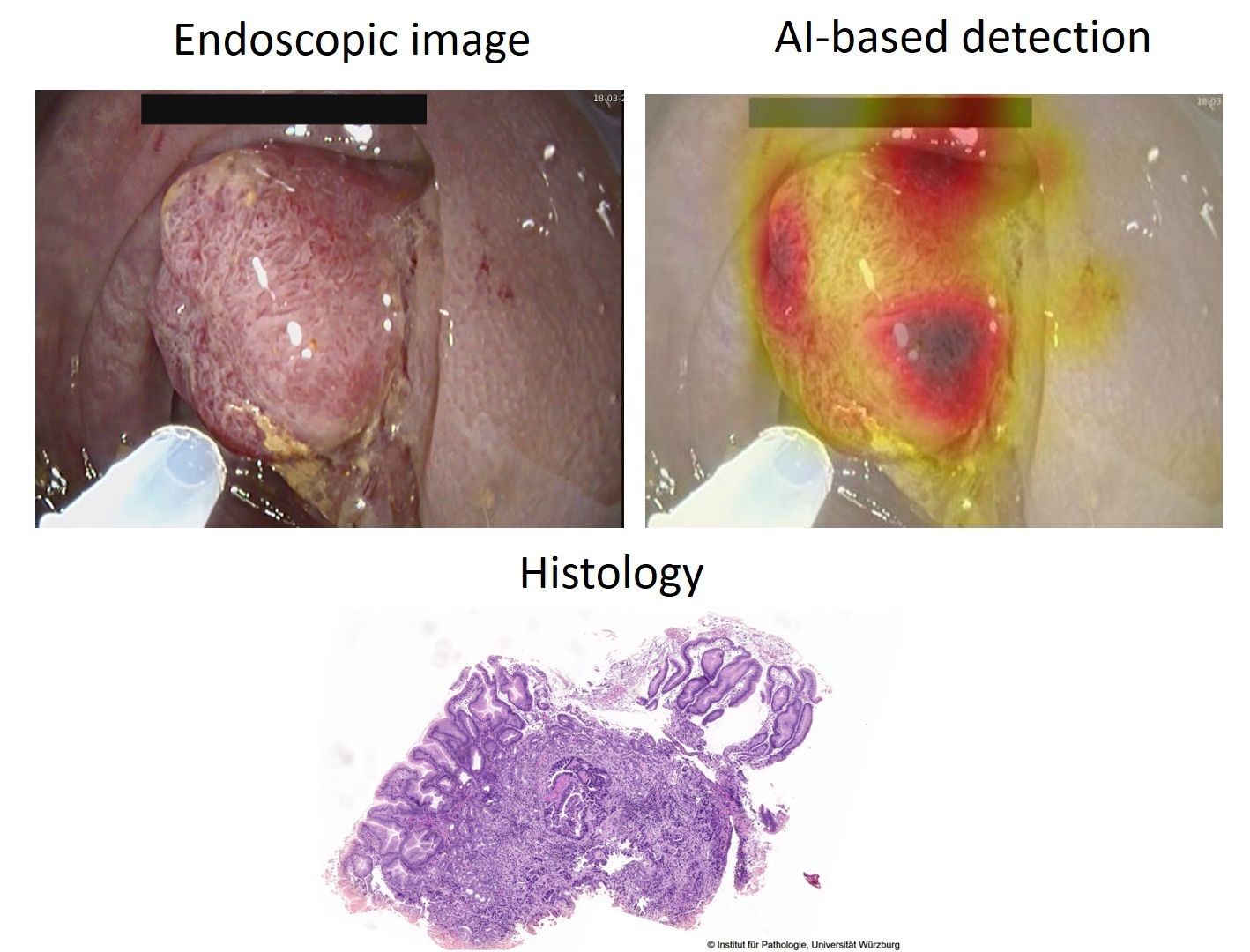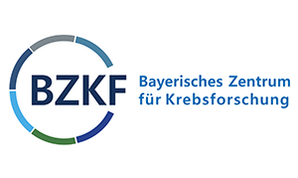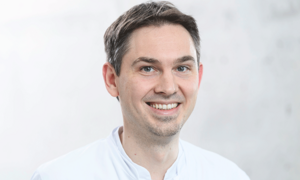AI-based endoscopic therapy guidance for colorectal neoplasia

Successful local cancer therapy depends on accurate lesion characterization and localization, requiring precise tracking over time and space. Techniques like surgery, radiotherapy, interventional radiology, and endoscopic interventions rely on imaging modalities such as CT, MRI, and endoscopy for planning, lesion identification, therapy selection, and response assessment. Leveraging these imaging tools effectively demands advanced processing methods.
Artificial intelligence (AI) has shown promise in medical imaging, achieving breakthroughs like automatic organ segmentation on CT and MRI or fracture detection in x-rays. However, progress has been slowed by the complexity of medical imaging modalities and the challenges of developing generalizable AI solutions. This complexity necessitates hospital-based multidisciplinary teams with expertise in imaging, therapy, and algorithm development to unlock AI's full potential.
The Bavarian Centre for Cancer Research (BZKF) Lighthouse "Image-guidance in local therapies" initiative seeks to establish such teams across BZKF centers, fostering collaboration and advancing image-guided cancer therapies with cutting-edge AI solutions.
Würzburg as one of the participating centers focuses on the AI-based endoscopic therapy guidance for colorectal neoplasia.
The Lighthouse "Image-guidance in local therapies" is coordinated by the Department of Radiation Oncology, LMU University Hospital, LMU Munich, Munich, Germany.
It is funded by the Bavarian Centre for Cancer Research (BZKF)




